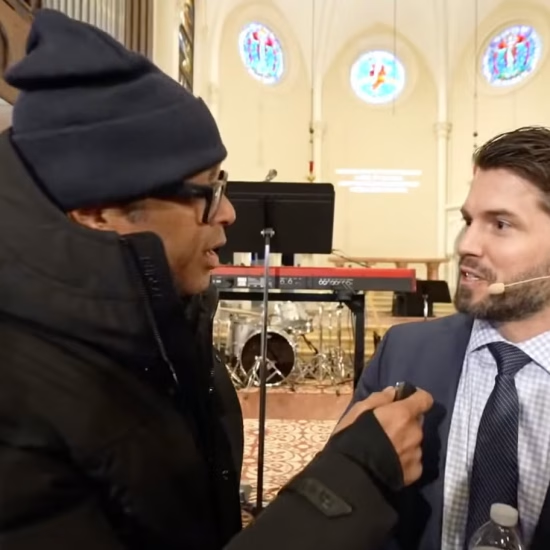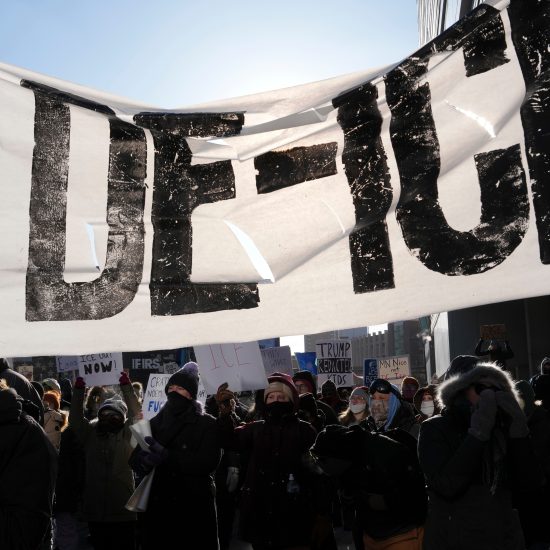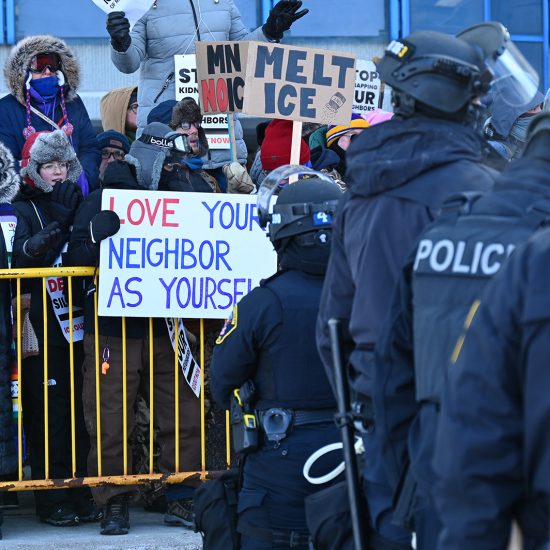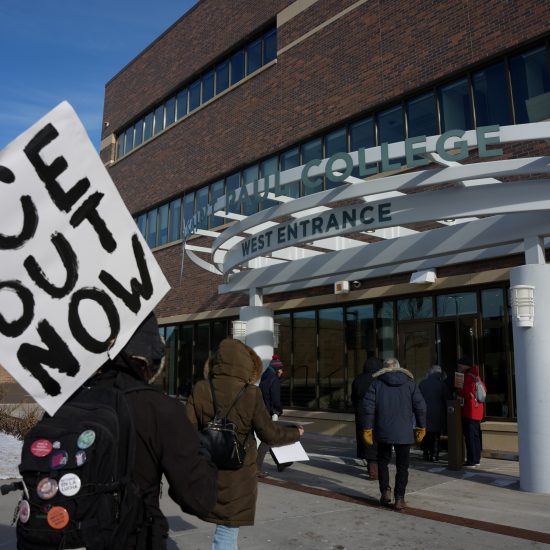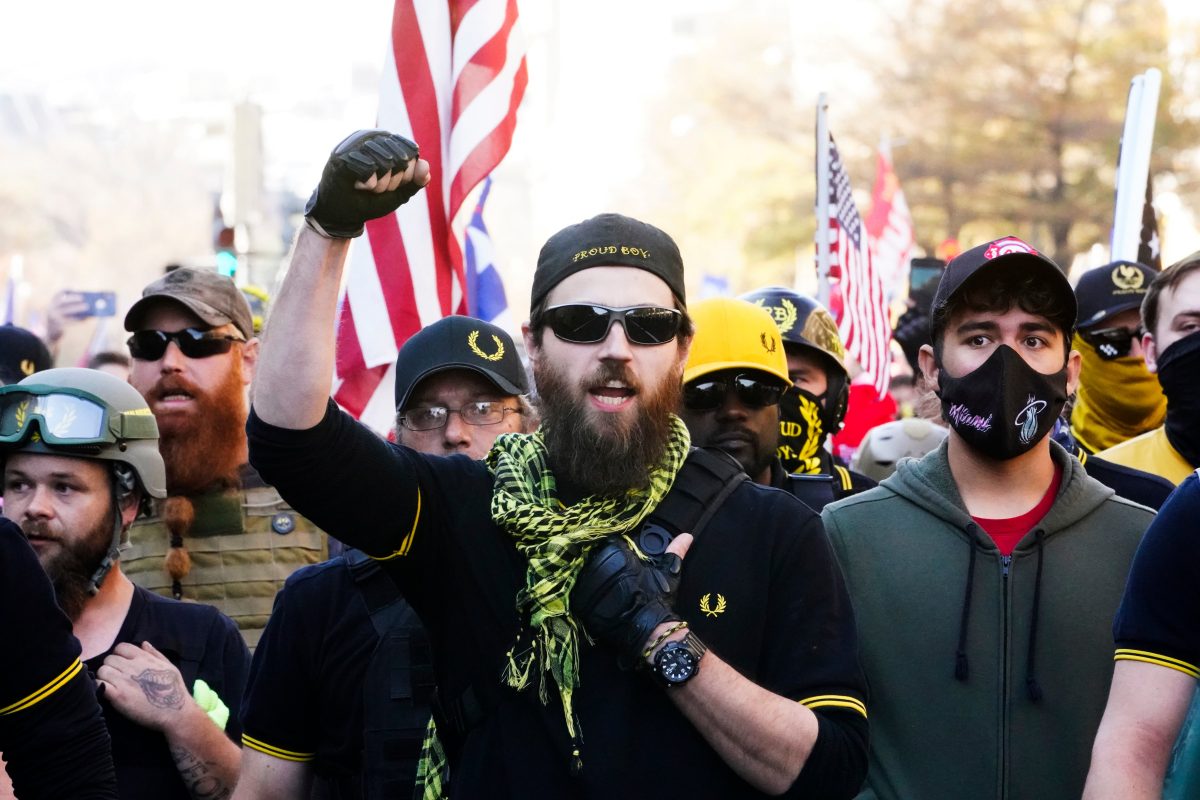
(RNS) — On Sunday, evangelical leader Beth Moore tweeted about the Jericho March, a pro-Trump bacchanal of racism and violence held in Washington, D.C., this weekend.
“I do not believe these are days for mincing words,” she wrote. “I’m 63 1/2 years old & I have never seen anything in these United States of America I found more astonishingly seductive & dangerous to the saints of God than Trumpism. This Christian nationalism is not of God. Move back from it.”
It’s about time. But it’s too late.
Moore, David French, Michael Gerson, and other evangelical writers have been wringing their hands for years about evangelicals and Trump. They have made a cottage industry of the “I’m shocked” genre of commentary. This group is quick to proclaim they’re upset every time an evangelical pastor or a political leader widely supported by evangelicals acts up in the name of Trumpism.
This performance of piety in the face of evil is empty, because it does not deal with the core issue: White evangelicalism’s own racism.
Complain as they might about Trump, this president simply tapped into the racist id that has always been a foundation of American evangelicalism. Now that White mobs are marching and inciting violence, they export the racism and violence to a specter called Christian Nationalism.

People identifying themselves as members of the Proud Boys join supporters of President Donald Trump as they march on Nov. 14, 2020, in Washington. (Jacquelyn Martin/Associated Press)
Here’s the hard, ugly fact: White evangelicals support the racism, sexism, and violence done on their behalf by so-called Christian Nationalists. Black Christians have seen this for more than 400 years. We are not surprised, and these evangelical writers shouldn’t be either. Evangelicals’ politics are about their power. They use morality to hide their thirst for it.
Evangelicals know full well the ugliness and perfidy of the people they vote into office, support with their dollars and those they listen to every Sunday in pulpits across the nation. They claim to hate the ugliness, yet they remain in the same pews and support the same political leaders.
The Southern Baptist Convention has spent considerable time in the past year condemning critical race theory, first with a resolution at their 2019 annual meeting and most recently with a statement from six Southern Baptist seminary presidents proclaiming that the theory is incompatible with the denomination’s statement of faith.
The SBC’s position on CRT conveniently dovetails with the Trump administration’s recent Executive Order on Combating Race and Sex Stereotyping, which cuts out “blame focused” diversity training at federal workplaces. Diversity training shows the inequities of life for many ethnic groups in America. The only ones who may be uncomfortable with those inequities being called out are those who are still perpetuating them.
The Black church has also come under fire from Republican politicians who love to visit Black churches for photo-ops but balk at the convicting message of the gospel. The upcoming runoff in the Georgia Senate race is an excellent example. Senator Kelly Loeffler, who attended a commemoration on Martin Luther King Jr. Day at Ebenezer Baptist Church in January, is now digging up old sermons by Ebenezer’s pastor, the Rev. Raphael Warnock, to twist and misrepresent Warnock’s words (and the Gospel itself).
Yet when participants of the march for Trump tore down and burned Black Lives Matter banners from Asbury United Methodist Church and Metropolitan AME Church, two historically Black houses of worship, on Saturday evening (Dec. 12), evangelicals condemn Christian nationalism — not the racism undergirding the Christian nationalism, not the Christian nationalism undergirding white evangelicalism. These things go together like peanut butter and jelly — a natural fit.
When White evangelicals ignore race as the motivating issue, I doubt their witness. Their handwringing, the self-abnegation, is meant to assuage their own discomfort, rather than the discomfort, violence, and continual distress of Black people in America. I invite them to back up their words with actions, to reach out to those in the crossfire of this racial storm, to stand up against the leaders and associates in your denominations who remain silent because they voted for chaos instead of community.
If you don’t want to do that, then be quiet and get out of the way of the real prophets God is calling for such a time as this.
Anthea Butler is interim chair of religious studies and associate professor of religion and Africana studies at the University of Pennsylvania. Her book White Evangelical Racism, the Politics of Morality in America will be available in March 2021 from UNC Press.


